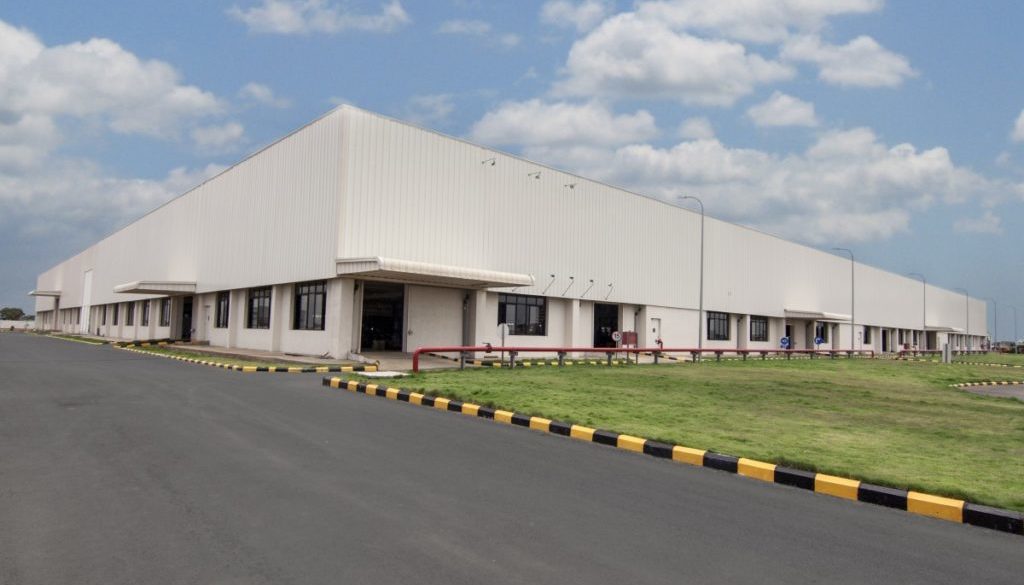The effects of COVID-19 on the Costa Rican industrial real-estate market have been minimal
Table of Contents
Contact us if you are considering looking for industrial real-estate in Costa Rica
The global health pandemic has caused only slight changes in the Costa Rican industrial real-estate market.
New square footage is not being absorbed immediately and older buildings have become available due to manufacturers and logistics companies moving to more modern facilities.
According to Colliers International, the Costa Rican industrial real estate market has been little affected by the continuing global coronavirus pandemic. The company has determined that there has been no significant impact on building occupancy and absorption rates.
Results of a market study demonstrate that inventory growth remained constant between December 2019 and June 2020. The first quarter of 2020 showed virtually no change in the rate of availability, while the second quarter registered a slight increase of one-half of a percentage point. Currently, approximately 9.26% of the inventory of buildings in the Costa Rican industrial real-estate market is vacant.
The aforementioned statistics are the result of two effects: 1) there is new square footage entering into the industrial building space inventory that is not immediately absorbed; and 2) there is space becoming available as companies transfer operations to newer and more modern industrial facilities that allow them to reduce their manufacturing costs.
According to Colliers Costa Rica, what the ultimate effect of the coronavirus pandemic will be on the Costa Rican industrial real-estate market is not clear. The company does recognize, however, that a good portion of the stability in the absorption and occupancy of manufacturing space is driven by the composition of industries that make up the real-estate’s tenants. For instance, 20% of the nation’s registered manufacturing inventory is occupied by companies that are in the medical device and life science industry sectors. These types of businesses are mostly immune to fluctuations in the global marketplace.
Changes in logistics affect the Costa Rican industrial real-estate market
The global logistics market has undergone some significant changes over the course of the past quarter. This has been the case, in particular, for shipments that are directed to and from China. The ports in that country at which freight carriers have traditionally docked have decreased the pace of their operations due to a reduction in the number of personnel on their premises. Measures aimed at reducing the workforce have been taken in the effort to slow the spread of the contagion.
These days, scheduled trips for ocean vessel routes depart less regularly or have been, in some instances, canceled in their entirety. This has resulted in delays in the arrival of products to their destinations that have resulted in monetary and inventory losses, in the case of perishables.
As for storage, in some cases, inventory has accumulated in warehouses, and in others, it has been scarce. The latter circumstance has occurred mainly with goods related to personal care and hygiene, health, and medical-related products. Conditions that are prevalent due to the current coronavirus pandemic have forced firms to modify their distribution processes in order to meet the demand for these products quickly. This has resulted in diminished use of warehouse space.
The Costa Rican industrial real-estate market for logistics has not remained completely untouched by these conditions. Products such as those used for cleaning, personal hygiene, and home and health uses are continuing to be subject to high demand. This has forced the country’s distributors to increase the volume of goods that they send directly to their customers’ points of purchase. Because of this, logistics companies in Costa Rica have reduced the amount of space employed in the storage of goods during the past three months.
Contact Us
Please use this form to contact us and we will respond as soon as possible:





